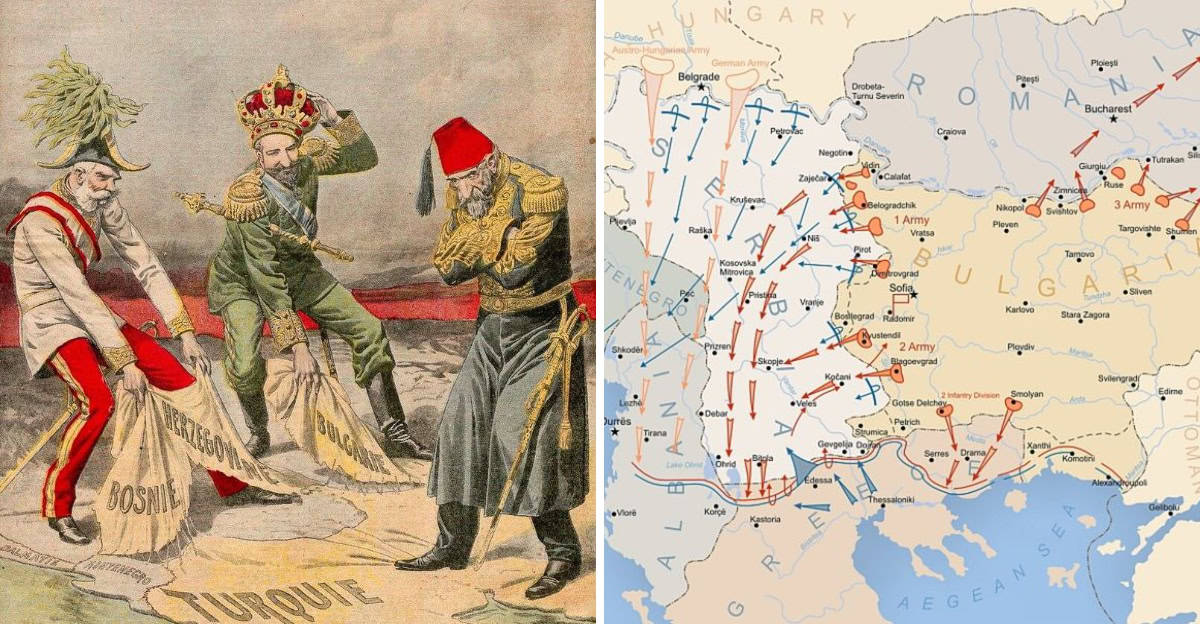World War I was a monumental conflict that reshaped global politics and societies. While commonly attributed to the assassination of Archduke Franz Ferdinand, the war’s causes are complex and multifaceted.
In this blog, we delve into some lesser-known facts that contributed to the outbreak of the conflict, exploring political, economic, and social dimensions.
Here are eight intriguing aspects that shed light on what really fueled the Great War.
1. The Secret Treaties
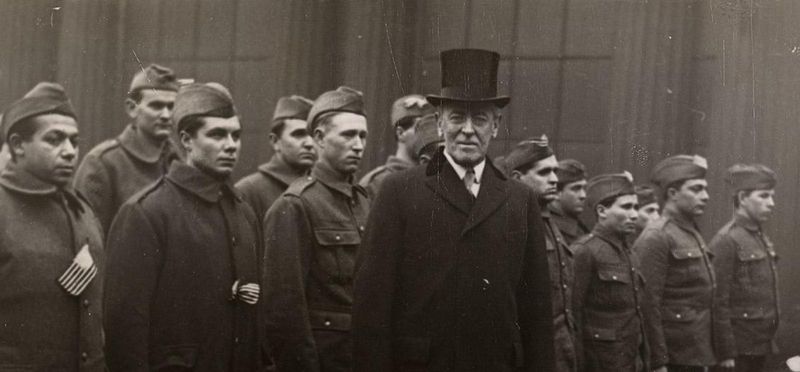
Secret treaties played a significant role in escalating tensions leading to World War I. Nations formed alliances unbeknownst to others, setting the stage for widespread conflict.
These treaties often included clauses that bound countries to support each other in times of war, creating a web of obligations that made neutrality challenging.
The lack of transparency led to mistrust among nations. When conflict loomed, countries felt compelled to honor these secret agreements, rapidly expanding a localized conflict into a world war.
This intricate network of covert commitments contributed significantly to the war’s outbreak.
2. The Balkan Powder Keg
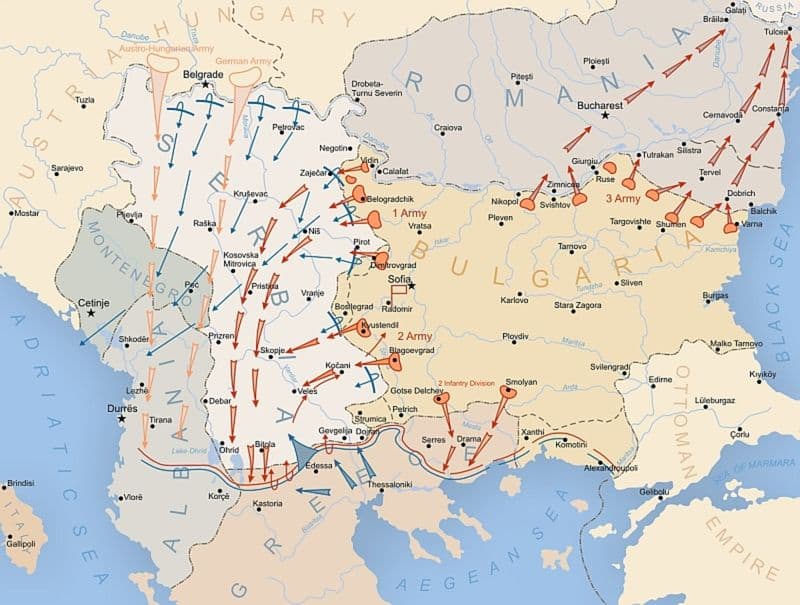
The Balkans, known as the ‘Powder Keg of Europe’, was a region rife with ethnic tensions and nationalist movements. The dissolution of the Ottoman Empire left a power vacuum, leading to conflicts among emerging nations seeking independence and territorial gains.
This instability drew the attention of major powers with vested interests in the region. The assassination of Archduke Franz Ferdinand in Sarajevo, a Balkan city, was the spark in this volatile environment, leading to declarations of war.
The complex political landscape of the Balkans was a catalyst for the larger conflict.
3. The Economic Rivalries
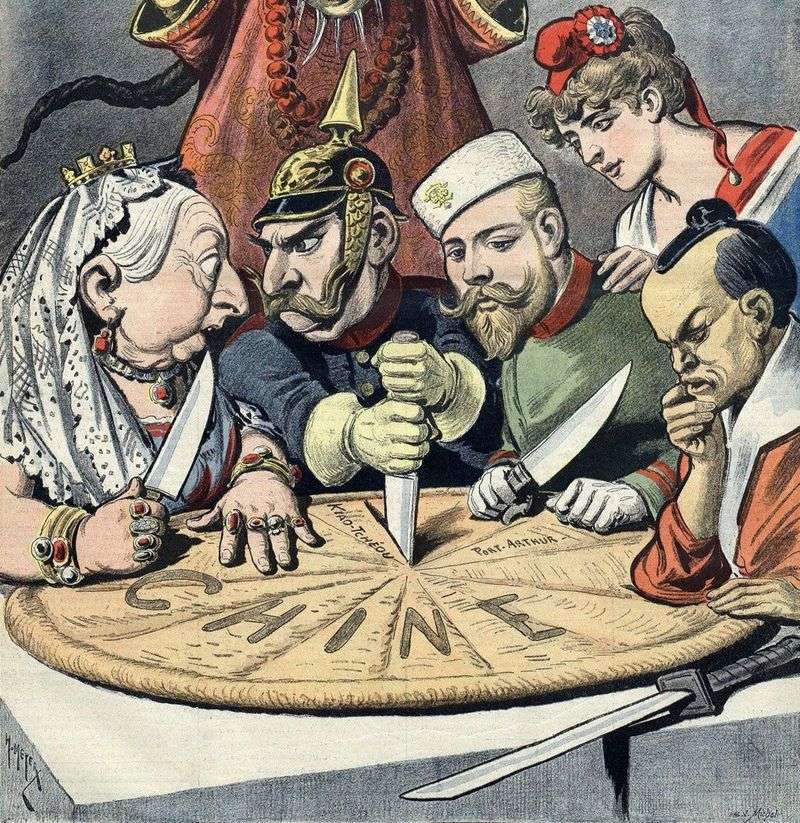
Economic rivalries, particularly between Germany and Great Britain, fueled animosities before World War I. As Germany industrialized rapidly, it sought to challenge British economic supremacy, leading to a competitive arms race and colonial disputes.
This economic competition was not limited to trade but extended to military build-up and naval expansion. The quest for economic dominance exacerbated political tensions, as nations sought to protect their interests aggressively.
These rivalries contributed to a climate of suspicion and hostility, laying groundwork for the impending conflict.
4. The Arms Race
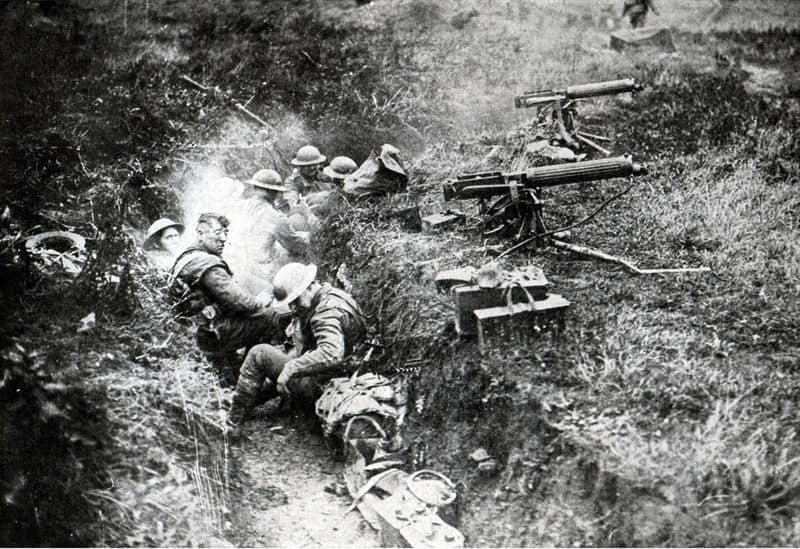
The early 20th century saw a significant arms race, with nations amassing vast stockpiles of weapons. This militarization was driven by a belief that war was inevitable and preparedness was essential.
As countries invested heavily in military technology and personnel, the balance of power shifted, creating a tense environment. The arms race not only increased the likelihood of conflict but also ensured that any war would be devastating.
This unchecked escalation was a critical factor in the outbreak of World War I, as nations rushed to demonstrate their might.
5. The Role of Nationalism
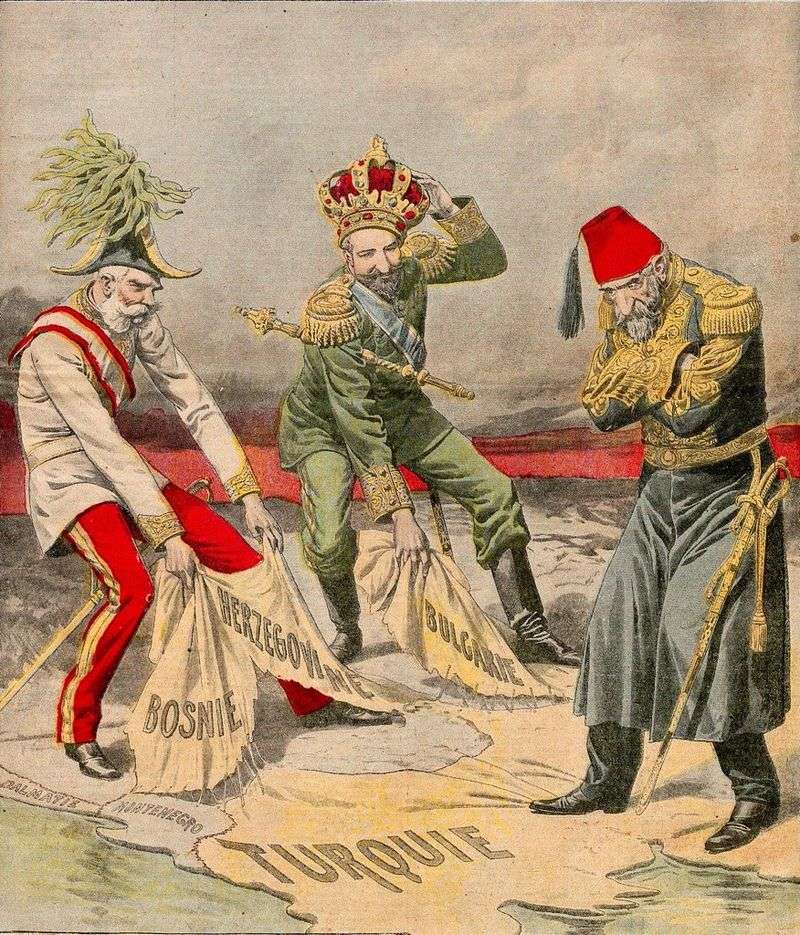
Nationalism surged across Europe in the years leading to the war, fostering a sense of superiority and distrust among nations. This fervent nationalism often blurred the lines between patriotism and aggression, fueling confrontations.
In multi-ethnic empires, such as Austro-Hungary and the Ottoman Empire, nationalism led to internal strife and demands for independence. These internal pressures and external aggressions stoked international tensions.
Nationalistic fervor contributed to the war’s inevitability, as nations prioritized their interests and identities over diplomacy and cooperation.
6. The Influence of Imperialism
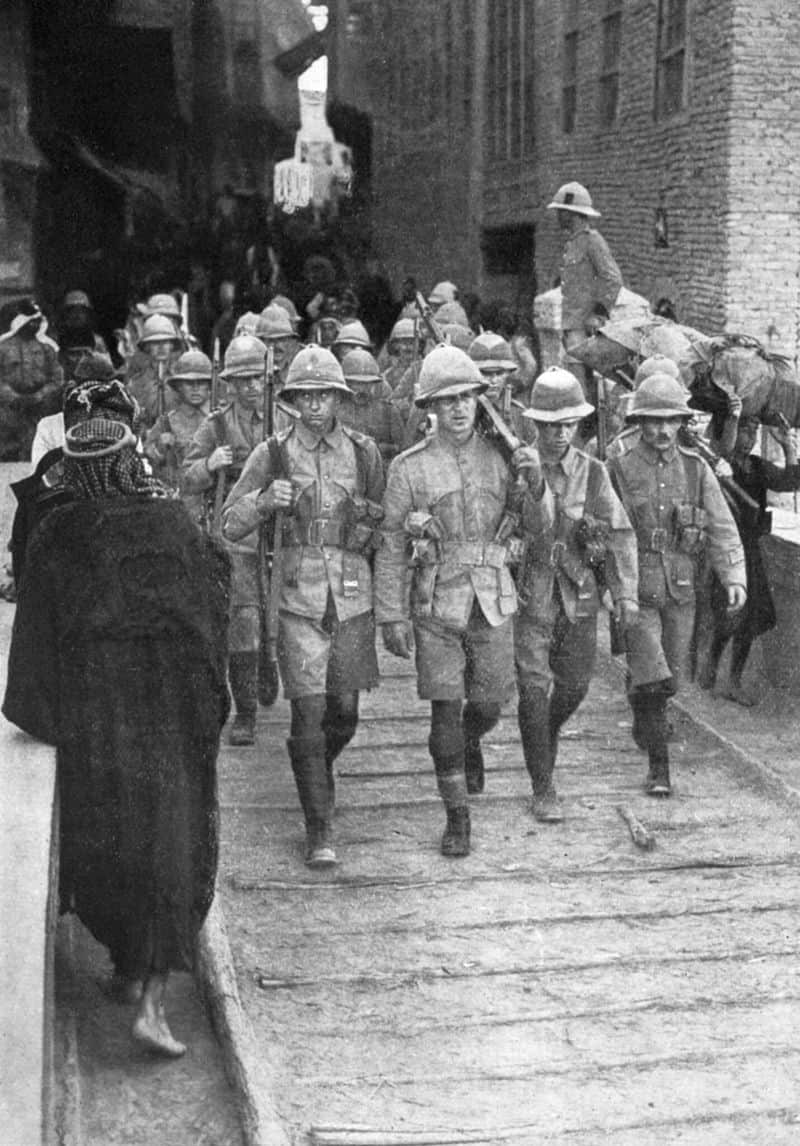
Imperial ambitions significantly shaped the pre-war landscape, as European powers scrambled for colonies and global influence. This quest for expansion often resulted in confrontations over territories, particularly in Africa and Asia.
Imperialism fostered rivalries and distrust, as nations sought to outdo one another in acquiring territories. These colonial competitions strained relationships and diverted attention from resolving European tensions.
By focusing on global dominance, European powers overlooked domestic issues, exacerbating regional conflicts that eventually spiraled into World War I.
7. The Diplomatic Failures
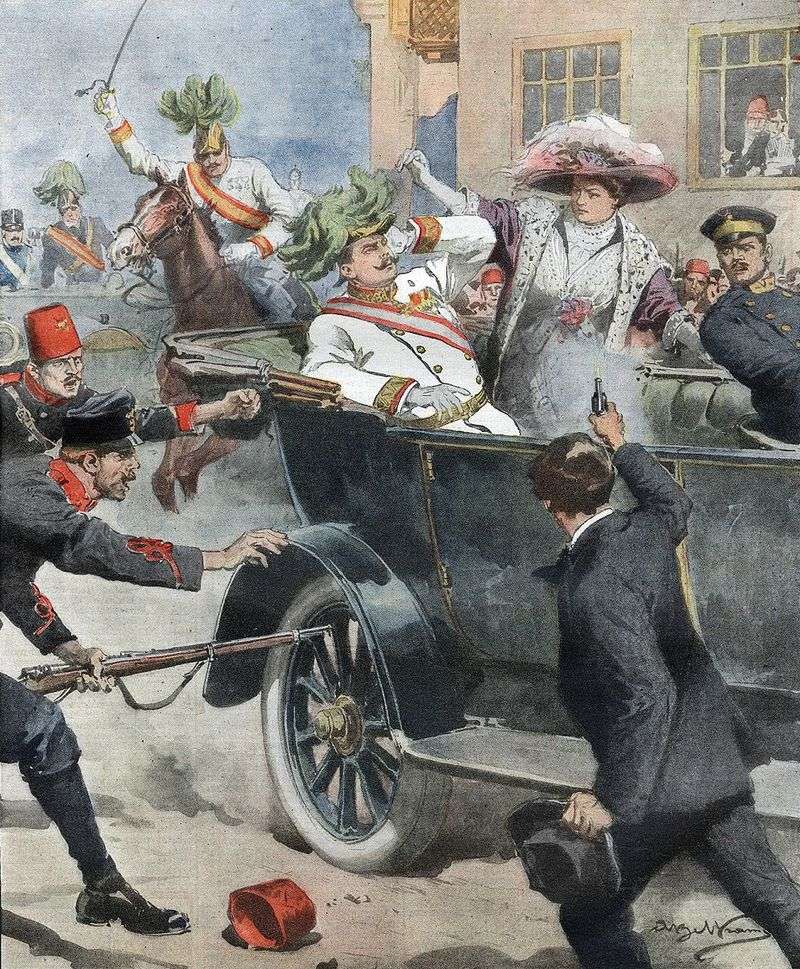
Diplomatic failures were pivotal in leading to World War I. Despite opportunities for negotiation, rigid alliances and mistrust hindered effective communication. Many leaders believed that military action was a necessary tool to resolve disputes.
The breakdown in diplomacy meant that minor conflicts rapidly escalated. Diplomatic channels failed to address grievances or de-escalate tensions. Instead of dialogue, nations resorted to ultimatums and threats.
These diplomatic missteps, combined with an unwillingness to compromise, paved the way for the war’s outbreak.
8. The Misjudgment of War Duration
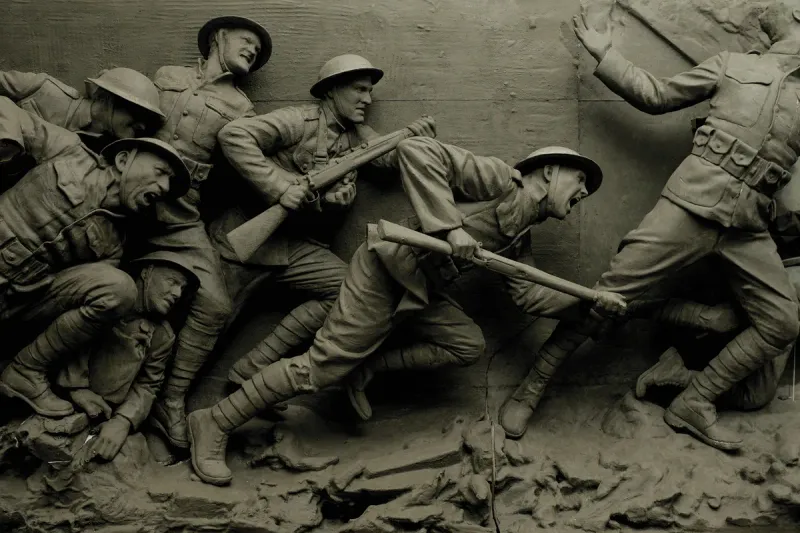
Widespread misjudgment regarding the war’s duration played a role in its outbreak. Many believed the conflict would be short-lived, underestimating its scale and impact. This optimistic assumption led to rushed decisions and mobilization.
Political leaders and military strategists failed to account for the complexities of modern warfare. The belief that war would be over quickly fueled aggressive stances, as nations sought quick victories.
This miscalculation led to prolonged suffering and devastation, with initial enthusiasm giving way to grim realities as the war dragged on.

